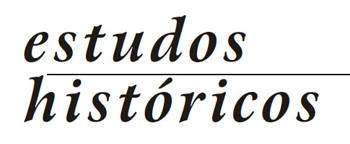ABSTRACT
This article discusses André Rebouças’ self-writing during the period of his exile in Europe and Africa, between 1889 and 1898. Through his active correspondence during this period, we intend to interpret his self-understanding as an “African Tolstoy”, read as an expression of a double consciousness as a Western and b lack intellectual at the end of the 19th century, as proposed by Paul Gilroy (2001: 33-39) in the book The Black Atlantic (1993). The article aims to highlight the way his mobilization of Tolstoy’s thought since the end of the 1880s is related with the redefinition of his racial thought in this period. It aims also to understand how this mobilization allows him to move, on a universalist and Christian basis, to a critical thinking of liberal modernity.
Keywords:
André Rebouças; Leo Tolstoy; Africa; Self-writing; Exile; Racial identity
